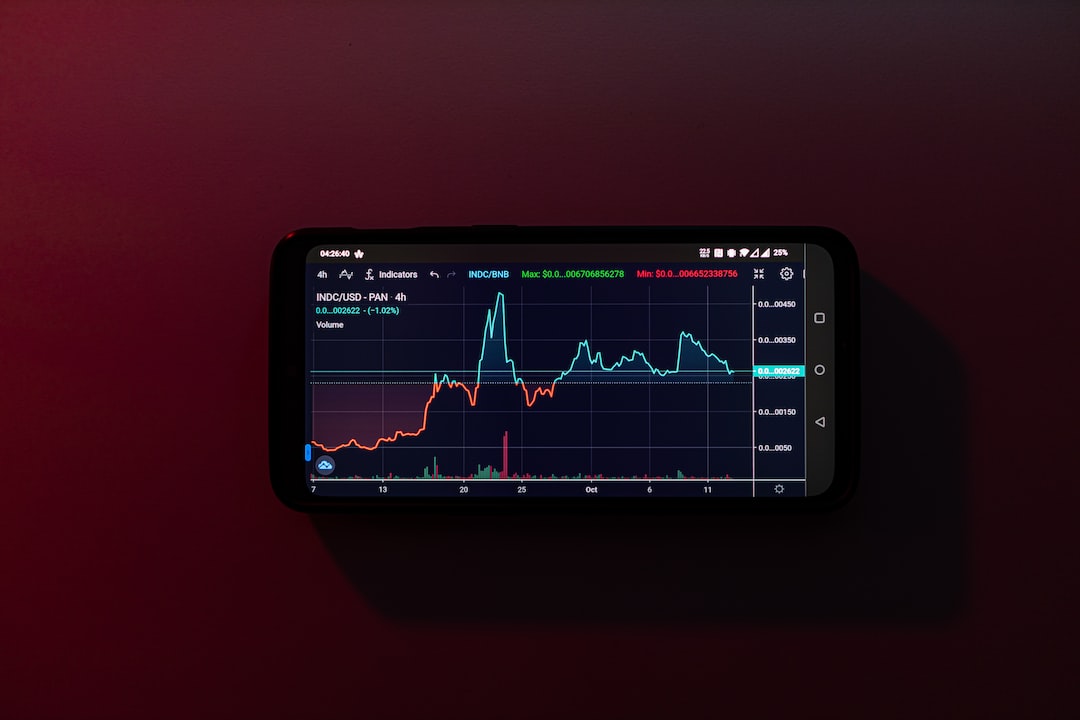DEX vs CEX: Comparing the Differences between Decentralized and Centralized Exchanges
Welcome to the exciting world of cryptocurrencies! If you’re here, you’re probably curious about the different types of exchanges available to buy, sell, and trade these digital assets. In the cryptocurrency space, there are two main types of exchanges: decentralized exchanges (DEX) and centralized exchanges (CEX). Let’s explore the differences between these two options and understand which one suits your needs.
Decentralized Exchanges (DEX):
Decentralized exchanges operate on blockchain technology, much like the cryptocurrencies they handle. They allow peer-to-peer trading directly from your digital wallet without the need for intermediaries. What makes DEX stand out is their emphasis on decentralization, privacy, and security.
When using a DEX, you retain control over your funds as you don’t have to deposit them on the exchange. Instead, you connect your wallet to the DEX platform and trade directly from your own wallet address. This eliminates the risk of losing funds due to hacks or exchange failures, as your assets are not held in a central repository.
DEX platforms rely on smart contracts to facilitate trades. Smart contracts automatically execute transactions once the specified conditions are met, ensuring transparency and minimizing the need for trust between parties. As a user, you have complete ownership over your private keys, giving you full control over your funds.
Centralized Exchanges (CEX):
Centralized exchanges, on the other hand, act as intermediaries between buyers and sellers. They’re the most familiar and widely-used type of cryptocurrency exchange. CEX platforms are run by companies that operate servers, databases, and manage users’ accounts. When you use a CEX, you typically deposit your funds on the exchange’s platform, and the exchange then facilitates trades on your behalf.
CEX platforms offer various features such as advanced trading options, leverage, and margin trading. They also usually provide user-friendly interfaces and access to a wide range of cryptocurrencies. However, due to the centralized nature of these exchanges, they pose counterparty risk, as your funds are held by a third party. Hacks, exit scams, and regulatory actions can potentially result in the loss of your funds.
Moreover, using a CEX often requires users to complete a verification process, providing personal information to comply with regulatory requirements. This compromises the privacy aspect that cryptocurrencies often offer.
The Advantages of DEX:
When comparing DEX and CEX, there are notable advantages to using decentralized exchanges:
1. Security: By trading directly from your wallet, you minimize the risk of losing your funds to hacks or exchange failures.
2. Privacy: DEX platforms prioritize anonymity, as they do not require users to share personal information.
3. Control: With DEX, you have complete control over your funds, as you do not need to deposit them on an exchange. Your private keys remain in your possession at all times.
The Advantages of CEX:
While decentralized exchanges offer unique benefits, centralized exchanges have their own advantages:
1. Liquidity: CEX platforms generally offer higher liquidity, enabling users to execute trades faster and at better prices due to larger order books.
2. User Experience: Centralized exchanges are often designed with user-friendly interfaces and provide additional features like advanced trading options, margin trading, and fiat onboarding.
3. Regulatory Compliance: CEX platforms typically follow relevant regulations, which not only offers a sense of security but also makes it easier to convert cryptocurrencies into fiat currencies.
Choosing the Right Exchange:
Now that you understand the differences between DEX and CEX exchanges, you might be wondering which one is better for you. The answer depends on your priorities and preferences.
If you value privacy, security, and having control over your funds, DEX platforms are the way to go. Especially if you are trading smaller amounts and are willing to navigate the learning curve of using decentralized exchanges.
On the other hand, if you prioritize liquidity, user experience, and advanced trading features, CEX platforms can provide a more suitable option. This is especially true for larger trades or if you need to interact with the financial world using fiat currencies.
Frequently Asked Questions (FAQs):
1. Are DEX platforms completely immune to hacks?
No exchange, be it DEX or CEX, can claim complete immunity to hacks. However, by directly trading from your wallet, DEX platforms reduce the risk of losing funds as compared to centralized exchanges.
2. Do I need to go through a lengthy verification process on DEX platforms?
Since DEX platforms prioritize privacy and do not hold user funds, they typically do not require a lengthy verification process. Connecting your wallet is often enough to start trading.
3. Can I trade all cryptocurrencies on DEX platforms?
While DEX platforms offer a wide selection of cryptocurrencies, they might not support all tokens due to various technical reasons. Make sure to check the availability of the specific tokens you wish to trade on the DEX platform.
4. Can I use both DEX and CEX platforms simultaneously?
Absolutely! You can use both DEX and CEX platforms based on your needs and preferences. Some traders often take a hybrid approach by leveraging the advantages of both types of exchanges.
Remember, the key is to research and understand the features and risks associated with each exchange type before you start trading. With the right knowledge, you can make informed decisions and navigate the exciting world of cryptocurrencies. Happy trading!





 By
By
 By
By
 By
By


 By
By